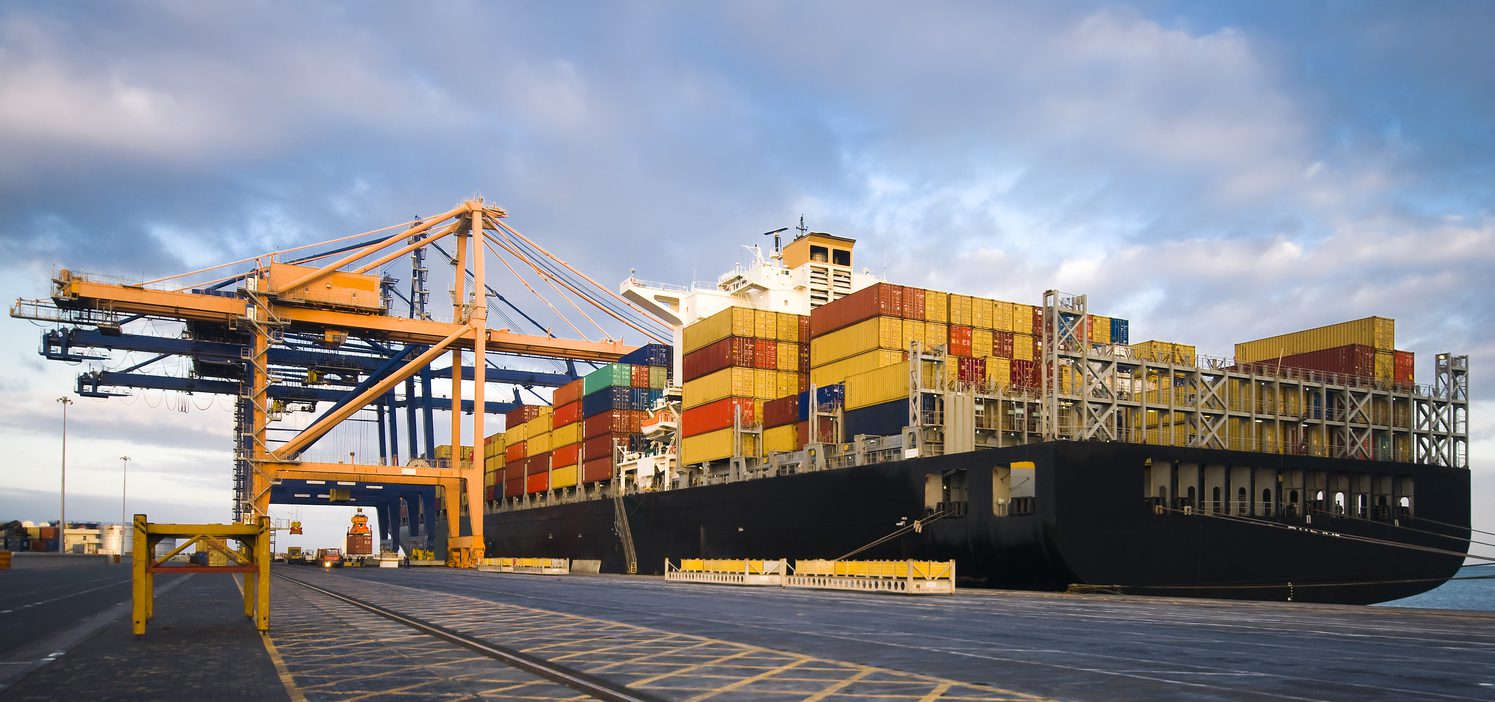The relationship between longshoremen and management is one that has always been fraught with challenges, whether on the West Coast with the ILWU or the East Coast with the ILA. The past two contract negotiations between the ILWU and PMA have resulted in lockouts, slowdowns and actions that cost the U.S. economy billions of dollars through late deliveries and additional costs for mode switches to air freight.
The contract between the ILWU and PMA covers the entire West Coast of the United States; from Seattle and Tacoma all the way down to San Diego. The contract was slated to expire in 2019, but the two sides agreed to sit down and begin negotiations earlier than usual to ensure that cargo, both import and export, wasn’t subject to delays or impediments. These discussions cover a myriad of topics that employers and unions face daily including ever-increasing compensation costs for health insurance and how to integrate technology and automation while still preserving the levels of employment that exist today and to accommodate additional demand that may be needed in the future.
To the surprise and relief of many, both sides agreed to a contract extension that runs through July 1, 2022. Sixty-seven percent of ILWU members voted in favor of the new contract which will increase wages, maintain health benefits and increase pensions.
The ocean shipping business is already tumultuous enough as shippers try to manage relationships with carriers in an ever-changing economic and service environment. The fact that they (and we) will have one less thing to worry about when the boats arrive and depart means that contingency plans for air cargo, Canadian ports or East Coast / Gulf ports as alternatives can be shelved for the near future.
